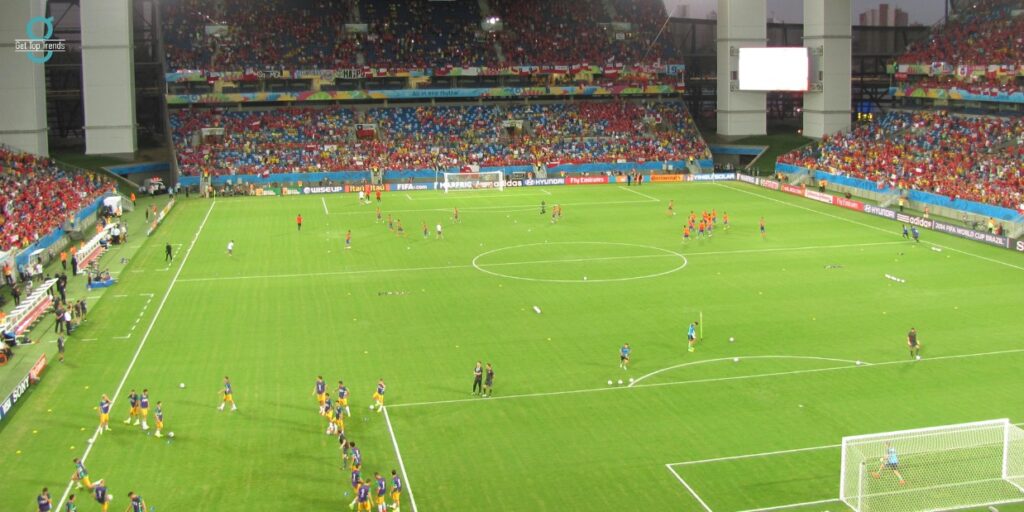The 2023 FIFA Women’s World Cup, set to take place in Australia and New Zealand this summer, is at risk of a broadcast blackout in Europe.
A Breaking News from FIFA President Gianni Infantino that he has expressed concern about the offers from major European countries for broadcasting rights to the tournament. These are unacceptably low, and the event may not be aired in the “big five” European countries of Britain, Spain, Italy, Germany, and France if broadcasters do not improve their offers.
Infantino has voiced his disappointment at the “slap in the face” these low offers represent to players and women worldwide. He has publicly criticized broadcasters on social media for only offering between $1m-$10m for the Women’s World Cup rights, compared to $100m-$200m for the men’s tournament. Italy’s offer, in particular, has been singled out as being particularly low.
In response to the bids, Infantino has warned that FIFA has a “moral and legal obligation not to undersell the FIFA Women’s World Cup” and that they will be “forced not to broadcast” the tournament if the offers continue to be inadequate. Get more FIFA World Cup News and be updated.

Although the matches will take place outside of prime-time viewing hours in European markets due to the time-zone difference, Infantino has argued that this should not be used as an excuse, given that many games will kick off at 9 am or 10 am in Europe.
Despite the concerns, there is some good news for British fans, as it is rumored that the BBC and ITV have bid approximately £9m to share the tournament. FIFA sources have suggested that the UK television deal is not too far away and that Infantino’s criticism is primarily directed at other major European nations.
The 2023 FIFA World Cup is a significant global event that attracts a massive audience. In 2019, over a billion viewers tuned in to the tournament in France across all platforms, according to FIFA figures.
The potential blackout in Europe would be a significant setback for the growth and visibility of women’s football. The BBC spokesperson has declined to comment on the ongoing negotiations, and ITV and Channel 4 have been approached for comment.
Conclusion
The threat of a broadcast blackout of the 2023 FIFA Women’s World Cup in Europe is a concerning development. Broadcasters in the “big five” European countries must step up and provide offers that reflect the value and significance of this global event.
The women’s game deserves the same respect, recognition, and investment as the men’s game, and it is time for broadcasters to recognize and support the growth of women’s football.




